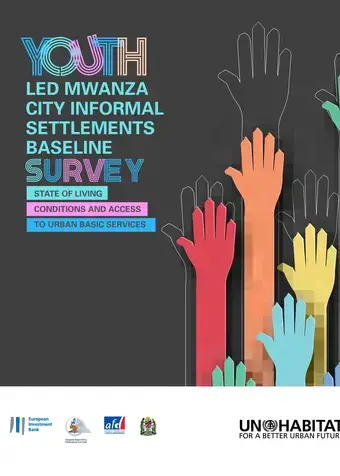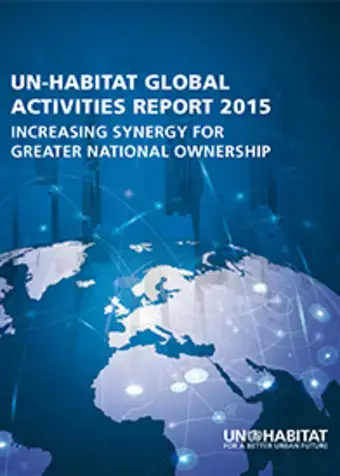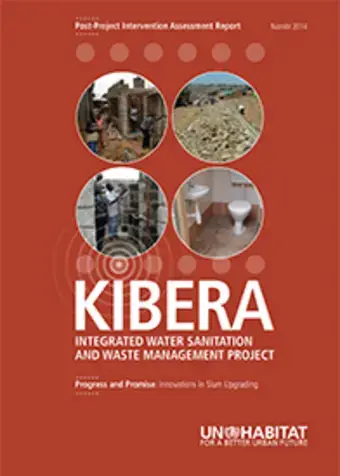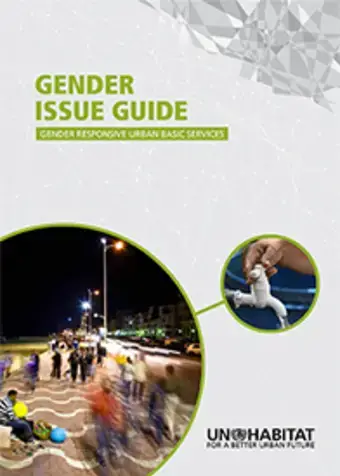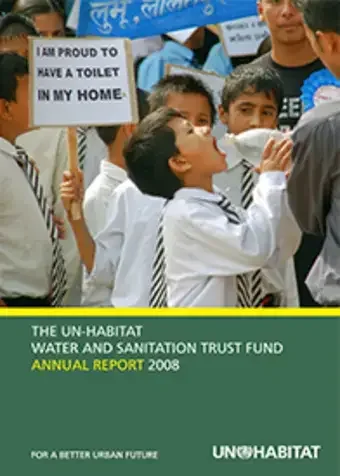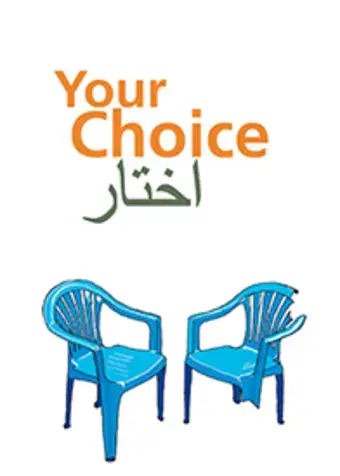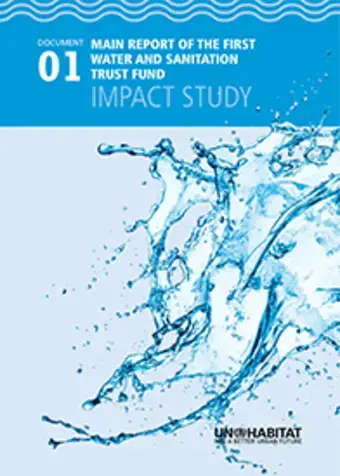Nairobi, 14 October 2014 - The UN Special Rapporteur on the human right to safe drinking water and sanitation, Catarina de Albuquerque, with direct support from UN-Habitat, recently presented a new publication: “Realizing the human rights to water and sanitation: A handbook”.
Finance Policies and Procedures Manual Volume 1
 Small water utilities face unique challenges in delivering water and sanitation services to their customers. With a limited revenue base and few opportunities to benefit from economies of scale, they often suffer from severe skill shortages and a long legacy of underinvestment in infrastructure and capacity enhancement. To overcome these challenges, the small utilities need to maximize their operating efficiencies and ensure optimum utilization of their assets.
Small water utilities face unique challenges in delivering water and sanitation services to their customers. With a limited revenue base and few opportunities to benefit from economies of scale, they often suffer from severe skill shortages and a long legacy of underinvestment in infrastructure and capacity enhancement. To overcome these challenges, the small utilities need to maximize their operating efficiencies and ensure optimum utilization of their assets.
Global Water Operators Partnership Alliance , Strategy 2013-2017
 Despite their frequent lack of capacity, water operators are the key actors in the management of urban water and sewerage services. Mentor water operators with relevant skills and experience, and mentee water operators that express a demand for assistance to improve their operations, have complementary motivations for taking part in non-commercial partnerships.
Despite their frequent lack of capacity, water operators are the key actors in the management of urban water and sewerage services. Mentor water operators with relevant skills and experience, and mentee water operators that express a demand for assistance to improve their operations, have complementary motivations for taking part in non-commercial partnerships.
